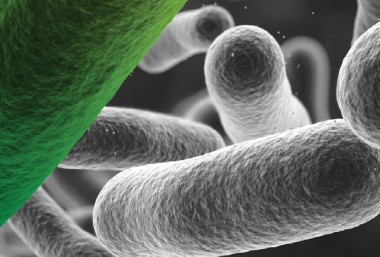Have you or your colleagues developed a new and inventive method of treating a cancer using immunotherapy? Are you keen to get your patent protection in place as you implement your commercialization strategy? If so, the US Patent and Trademark Office (USPTO) are looking to help you out!
In February 2016, the US Government announced the National Cancer Moonshot. This is a $1 billion initiative to achieve ten years' worth of cancer research in five years. More information about the Moonshot can be found on the White House website.
The ‘Cancer Immunotherapy Pilot Program’ (CIPP) is a USPTO program in support of the Moonshot. CIPP came into effect on 29 June 2016, and runs for one year. Under this new pilot program, an applicant who invents a method of cancer immunotherapy can petition the USPTO to make their patent application ‘special’.
If accepted into the CIPP, a cancer immunotherapy application will be advanced out of turn for examination and will not need to meet all of the current requirements of the accelerated examination program eg, supporting documentation will not need to be filed.
In being ‘special’ the application will also be subject to the USPTO ‘Twelve Month Goal. Under this goal the USPTO will attempt to provide a final disposition within 12 months of special status being granted. A final disposition occurs with one of the following, the:
- mailing of a notice of allowance,
- mailing of a final Office action,
- filing of a request for continued examination (RCE),
- abandonment of the application, or
- filing of a Notice of Appeal.
To be eligible for entry into the CIPP, an application must contain at least one claim encompassing a method of ameliorating, treating, or preventing a malignancy in a human subject. The steps of the claim must assist or boost the immune system in eradicating cancerous cells. Examples of eligible claims include claims to:
- the administration of cells, antibodies, proteins, or nucleic acids that invoke an active (or achieve a passive) immune response to destroy cancerous cells,
- the co-administration of biological adjuvants (eg,interleukins, cytokines, Bacillus Comette-Guerin, monophosphoryl lipid A, etc.) in combination with conventional therapies for treating cancer such as chemotherapy, radiation, or surgery, and
- the administration of any vaccine that works by activating the immune system to prevent or destroy cancer cell growth.
The pilot program also will considerin vivo, ex vivo,and adoptive immunotherapies, including those using autologous and/or heterologous cells or immortalized cell lines.
To be accepted into the pilot program, petitions for entry must be filed by 29 June 2017 and must meet all of the requirements set forth here.
If you think the cancer immunotherapy pilot program may be right for your technology/application, and would like more information, please contact us.
